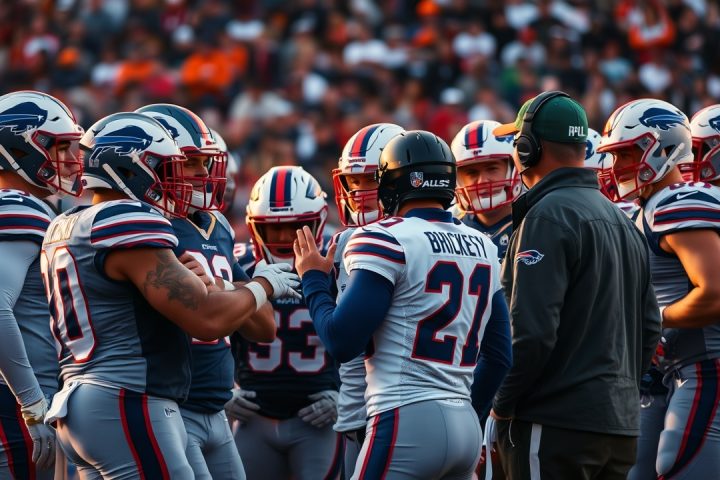Ethical Concerns in Professional Football
In the realm of professional football, the practice of sidelining players who are no longer in a club’s plans raises serious ethical concerns. A term that aptly describes this cruel treatment is “spiteful.” Why should a player be isolated and forced to train in solitude when there are no disciplinary issues on their record? Building resentment against the management becomes unavoidable when players are subjected to such policies, which aren’t standard practice across all transfers.
Recent Examples of Sidelining
This summer, Manchester United adopted this harsh approach with five of its players—Alejandro Garnacho, Jadon Sancho, Marcus Rashford, Antony, and Tyrell Malacia—in an attempt to facilitate their exits. Chelsea has now found itself under scrutiny as Raheem Sterling and Axel Disasi have faced similar treatment. After Sterling shared a photo of his late-night training session on social media, ESPN reported that the Professional Footballers’ Association stepped in to address their situation, seeking to arrange a more equitable training schedule for the distressed players.
Coaching Perspectives and Personal Experiences
Chelsea’s coach Enzo Maresca, however, expressed a lack of empathy in his remarks regarding the pair, drawing an analogy to his father’s demanding early-morning job as a fisherman, suggesting that hardship is merely part of the professional athlete’s journey. These comments echo a personal experience I encountered during my time with Manchester City under the management of Roberto Mancini. Players designated to train away from the main squad often feel stripped of personal connection, which exacerbates the feeling of being devaluated.
The Emotional Toll of Isolation
Training alone, particularly at unconventional hours, becomes a frustrating reminder of the struggle for acceptance within the team. Professional joy generally stems from engaging with teammates in the thrill of training and competition, yet the experience of Sterling and Disasi is one where the club appears to be intentionally sowing inconvenience and pressure as a means to incentivize decisions about their future.
Sports might seem like a game where player wages are paramount, yet the emotional and psychological toll of such treatment cannot be overstated. Professional footballers, often seen as having substantial leverage, might find themselves at the mercy of club politics—a disparity that highlights their vulnerability when it comes to decision-making.
Questioning Player Management Ethics
In the world of player management, it seems contingent upon players to be resigned to unfavorable circumstances, raising questions about the underlying ethics of such strategies employed by clubs. Given that football careers are fleeting, the pressure to conform can lead to a toxic environment that complicates loyalty and engagement. I recall a period at Manchester City when I, alongside prominent teammates, was abruptly told through a club secretary of our exclusion from the first team. This bureaucratic detachment from humans interacting with one another only serves to emphasize the emotional disconnect in these situations.
Personal Reflections on Training Isolation
In one particularly disheartening instance at City, I was informed that I would not train with my team, delivering a crushing blow just before preseason. Training with the youth squad offered little challenge and inadvertently hampered the younger players, whose morale suffered in the presence of seasoned professionals.
These narrative tactics extend deeply within football’s framework, as clubs construct the story of their own self-interest while fans often find themselves siding with management over the players. The psychological impact can be devastating long-term, as was evident when I trained alone with only a teammate for company; an experience that stripped me of motivation and joy in my profession.
Hope for a More Compassionate Approach
Today, as Sterling and Disasi navigate their own challenging paths with Chelsea, one can only hope for a more humane approach from management—one that recognizes the contributions of these players to the club and considers their emotional well-being alongside contractual obligations. No player should endure the isolation and psychological strain simply because a club has closed the door on their future.
Ultimately, it’s time for football clubs to reflect on their methods and how they handle players deemed surplus to requirements, fostering a more compassionate environment rather than perpetuating a culture of alienation.




